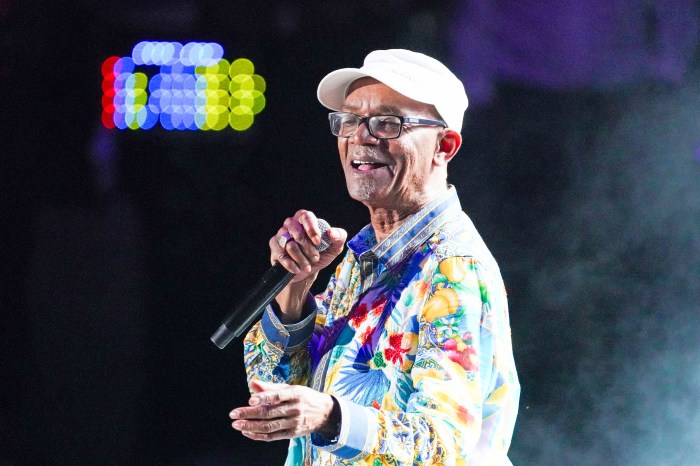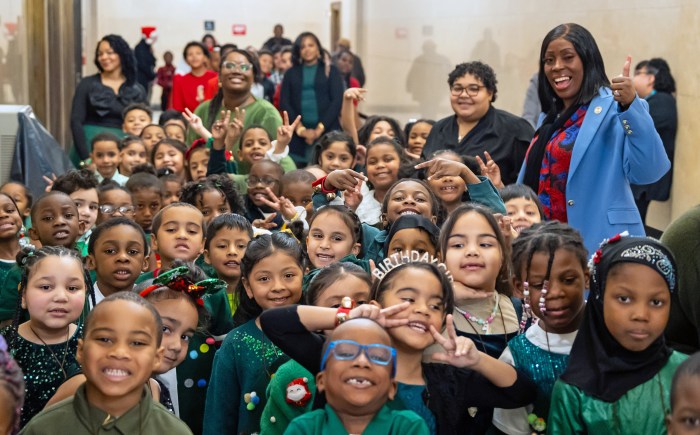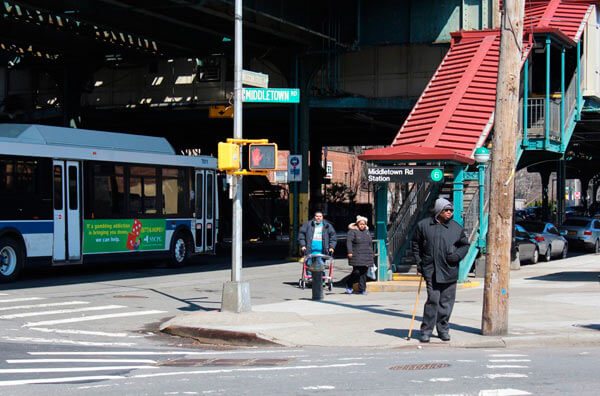“My time in Haiti has been fantastic,” said Branford Marsalis on wrapping up almost one week in Haiti playing the International Jazz Festival of Port-au-Prince 2013. At the official residence of American Ambassador Pamela White, Marsalis and his group played the final performance to lucky invited guests, American embassy staff, local professionals, long-time NGO representatives, and Haitian artists and culture lovers.
The festival was grateful to the Embassy who sponsored the Branford Marsalis Quartet, pitching in while support was cut from Ministries of Tourism and Culture following Hurricane Sandy, which heavily impacted Haiti.
The Marsalis Quartet opened the festival with a free outdoor concert in Jacmel and played another outdoor performance at Parc Historique in Port-au-Prince. In addition, Marsalis gave two music workshops for local musicians and students at the cultural institution FOKAL, a Festival partner, and before he left the country on Jan. 23, he gave a musical clinic at ENARTS, (National School of the Arts).
The saxophonist delighted the somewhat reticent diplomatic crowd with his repertoire that included his style of modern jazz. His repertoire included New Orleans jazz favorites like St. James Infirmary and selections from Jelly Roll Morton and Duke Ellington. Ambassador White revved up the invited so they would really show their appreciation to the well-deserved group who then performed three more encore numbers.
Marsalis said he didn’t come Haiti to show the Haitian people his music but came for what he could learn from them. In reality, his stay was both.
Of the Jacmel free concert Marsalis admitted, “I could feel the crowd more.” Festival organizer Joel Widmeir said he was awesome at the Port-au-Prince performance and was exuberantly received.
Three-time Grammy winner Marsalis easily talks about Haitian history, citing reparations to France following the Haitian revolution that challenged Haiti and its development for decades. In the snap of two beats, he’ll talk music and how the Haitian audience, which might not immediately be drawn to jazz responds to its rhythm and to the drums. He bemoaned the outlawing of drumming by the British in their colonies.




















